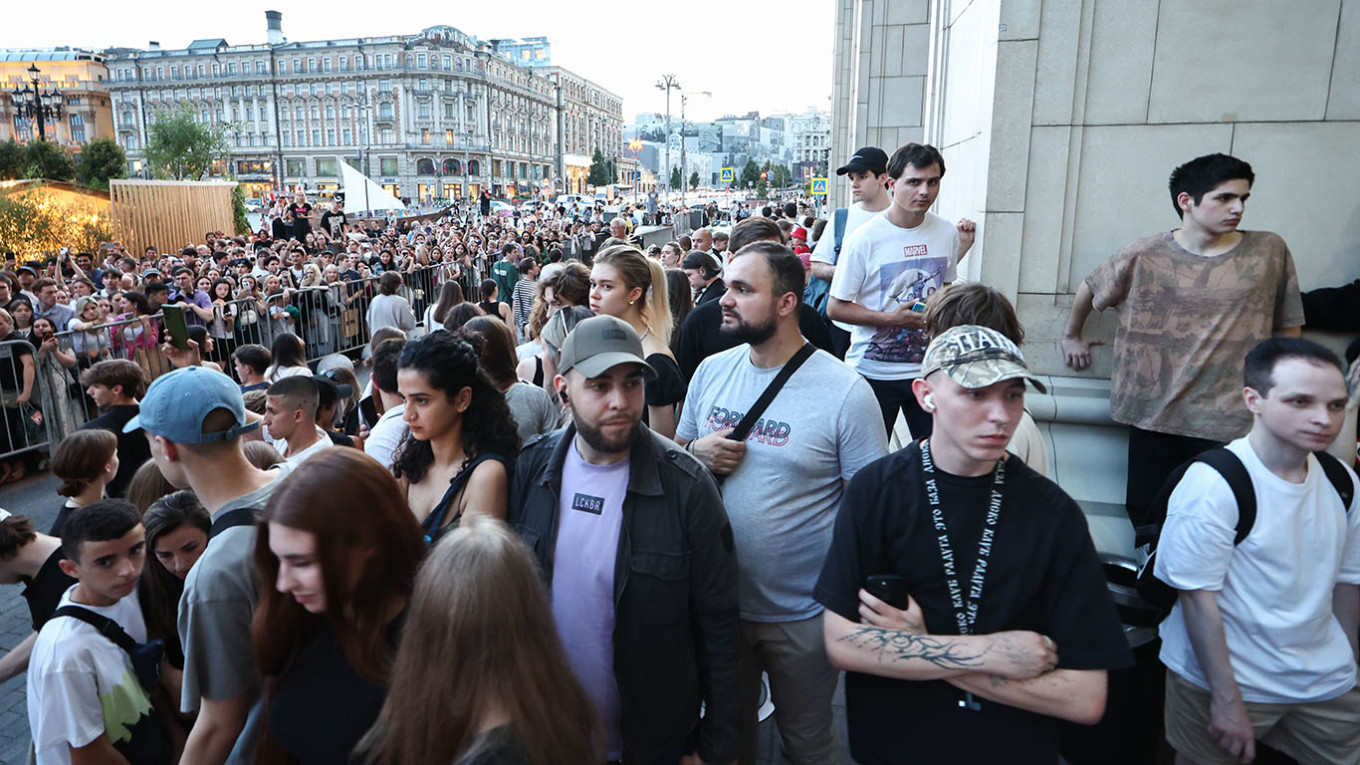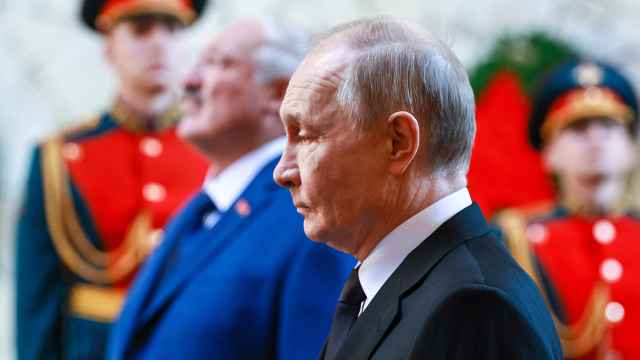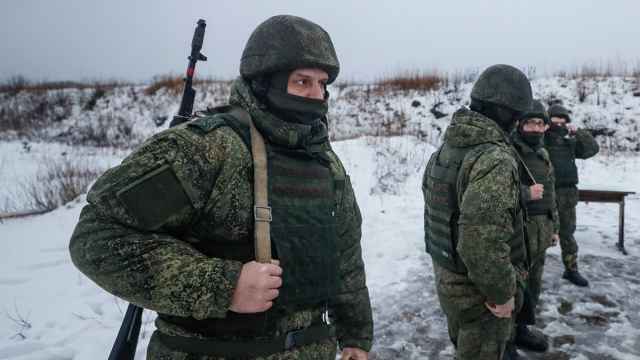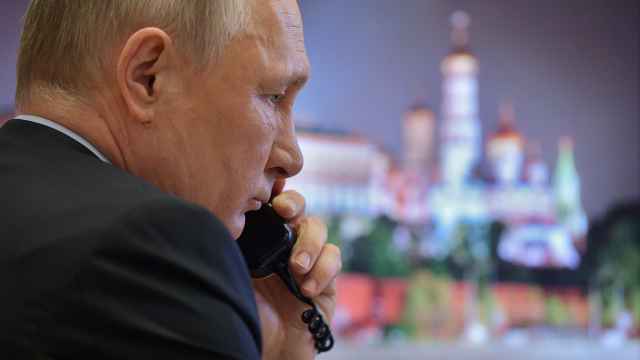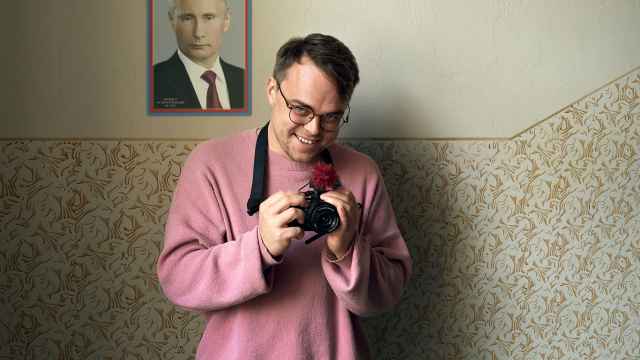In the (admittedly not for everyone) good old Soviet Union, there was a well-established practice of interacting with "friends” of the country from the hostile West. In addition to greedy businessmen, left-wing politicians, and the typical useful idiots among writers and philosophers, these were always people from show business — actors and musicians.
The French and Italians predominated among them. But the United States, the main enemy of the Cold War period, was also represented, albeit not so abundantly. For example. in the late 40s and 50s, Paul Robeson, a wonderful black singer and performer of folk songs and Broadway arias, was incredibly popular in the U.S.S.R. and even won the 1952 Stalin Prize.
In the 60s and 70s, Robeson was replaced by Dean Reed, a failed rock 'n' roller from Denver. He settled in East Berlin, starred in socialist westerns and protested against American imperialism before committing suicide in 1986.
But with the onset of Gorbachev's reforms, and even more so in the relatively free 90s, the whole institution of "useful idiots" and "friends of Russia" lost its relevance. You didn't have to be a fool, a leftist, or an eccentric to sympathize with a country that had chosen democracy.
However, with Vladimir Putin's rise to the presidency and the rapid return to Cold War posturing, such figures from "unfriendly countries" have once again become in high demand.
The famous American film director Oliver Stone once supported the annexation of Crimea and made a sympathetic documentary about Putin in 2017. However, even his sympathy for the Kremlin autocrat did not go far enough for him to justify, much less support, the full-scale invasion of Ukraine in 2022. Recent favorites of the Russian authorities include French actor Gerard Depardieu and German singer Till Lindemann, both of whom have since criticized Moscow’s unprovoked aggression.
The only Western character who has retained full loyalty to the current Russian regime is the U.S. actor Steven Seagal. But few people are interested in him today as he has long been out of the limelight.
So it is unsurprising that Moscow's propagandists are so eager to catch every crumb that could be interpreted as a word or an act of support for the rogue state. Being in almost total isolation from the civilized world is not fun. Any visitor from outside, especially a really famous one, is a gift from God! The unexpected lightning-fast visit of American rapper Kanye West was just such a thing for the Russian media.
The entire career of Kanye West (who also goes by "Ye," but few people call him that) is bursting with political, personal and musical scandals. He has a history of statements that can be described as provocative, controversial and simply idiotic, like when he said "I love Jews. But I love Nazis too."
For Putin's propagandists, who love to present the decaying West as a bunch of freaks, Kanye West has long been a valuable and frequently quoted source — especially when he attacks the American political establishment (though often apologizes afterward). In this sense, he resembles Elon Musk, another implicit favorite of the Russian media. Both are unremarkable personalities, ego-maniacs, obsessed with self-promotion who love to put themselves in the firing line including with ambiguous statements about Putin and his policies.
However, the party, a walk around Red Square and a motorboat cruise down the Moskva River were not the end of the matter. Not only for the media, hungry for foreign visitors, but also for the general public who began fantasizing about West giving a concert in Luzhniki, where Michael Jackson and the Rolling Stones famously performed. Crooks lept on these fans’ wet dreams by selling tickets priced from 1,000 to 3,000 rubles ($11-34) for a concert that did not even exist.
Kanye West has not commented on the war in Ukraine in any way – neither expressing support nor condemnation. Nevertheless, on his latest album "Vultures 1" (released this winter), the title song contains the following lines: "She wants me to put some of this coke in her butt/ugh she Russian/I beat up the pussy for Ukraine...".
This can be summarized as "I beat up the pussy of my Russian girlfriend for Ukraine." You can interpret this line one way or another. But the immutable fact is that Kanye West arrived in the Russian capital for a purely private visit - to celebrate the 40th birthday of his Russian acquaintance (maybe even a friend) and business partner Gosha Rubchinskiy. Gosha is the most famous fashion designer from Russia, who originated gopnik glamor in modern pseudo-street fashion. And since the end of last year, he was the chief artist of West's clothing company Yeezy – an honor in itself.
A crowd of the rapper's fans gathered at the Four Seasons Hotel but never saw their idol. The police were on duty but it seems that nobody was detained. After staying in the Russian capital for two days, West left the city without showing up in public or meeting with any officials. In doing so, he did the right thing.
This small, slightly anecdotal story is unlikely to be included in the register of odious scandals committed by this acclaimed pillar of hip-hop: he behaved with the utmost restraint and discretion. But it adds an unmissable detail to the portrait of Putin's Russia in 2024: despite the endless anti-Western propaganda, Russian people (at least in the capital) are clearly hungry for the same cultural agenda the Kremlin’s mouthpieces rail against. Despite Russia ostensibly being a country of “traditional values” rejecting symbols of decadent American gloom, young people are ready to shout "Ye!" with glee.
A Message from The Moscow Times:
Dear readers,
We are facing unprecedented challenges. Russia's Prosecutor General's Office has designated The Moscow Times as an "undesirable" organization, criminalizing our work and putting our staff at risk of prosecution. This follows our earlier unjust labeling as a "foreign agent."
These actions are direct attempts to silence independent journalism in Russia. The authorities claim our work "discredits the decisions of the Russian leadership." We see things differently: we strive to provide accurate, unbiased reporting on Russia.
We, the journalists of The Moscow Times, refuse to be silenced. But to continue our work, we need your help.
Your support, no matter how small, makes a world of difference. If you can, please support us monthly starting from just $2. It's quick to set up, and every contribution makes a significant impact.
By supporting The Moscow Times, you're defending open, independent journalism in the face of repression. Thank you for standing with us.
Remind me later.



